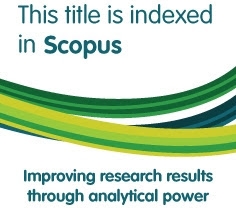Financing Muhammadiyah: The Early Economic Endeavours of a Muslim Modernist Mass Organization in Indonesia (1920s-1960s)
Abstract
Throughout its history, Indonesia’s largest Islamic reformist organization, the Muhammadiyah, has relied on funding based on the gift economy. Using the organization’s archived financial reports from the 1920s to the 1960s–a source that had yet to be exploited–this study shows how the Muhammadiyah used different shares of resources (donations, member fees, subsidies, etc.) to finance its organization. In the pre-War period, the Muhammadiyah Central Board became noticeably reliant on colonial subsidies. The reformist organization attempted to emancipate itself from this dependency and develop its own productive sector (businesses, cooperatives, banking, etc.), which raised various ethical questions as this socio-religious institution decides to operate lucrative economic endeavours. Finally, this article argues that the case of Muhammadiyah clearly shows how Indonesian Islam was, quite early on, well-informed of the ethical debates surrounding the idea of ‘Islamic economics’ long before its recent emergence as an economic initiative in the Muslim communities.
Keywords
Full Text:
PDFDOI: https://doi.org/10.15408/sdi.v21i1.877
Refbacks
- There are currently no refbacks.

All publication by Studia Islamika are licensed under a Creative Commons Attribution-NonCommercial 4.0 International License.
Studia Islamika, ISSN: 0215-0492, e-ISSN: 2355-6145
View My Stats
